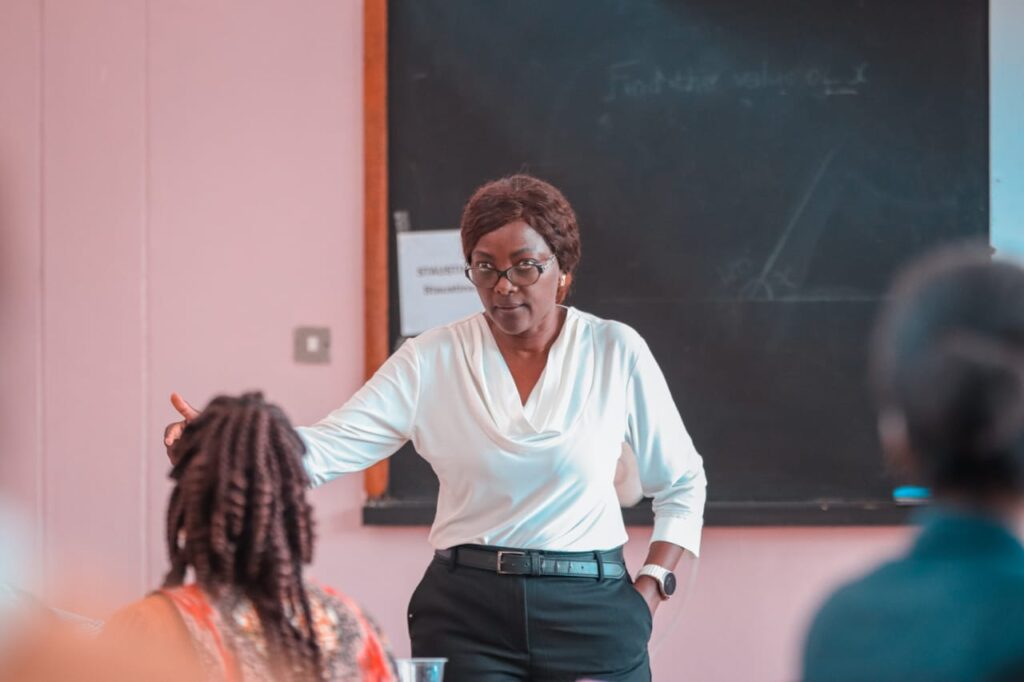When Kenyan educationist Mary Bengtsson married a Swede, she had a powerful realization about the value of hands-on learning. Her husband still treasured creations from his early school years a handmade toy car, a one-string violin, and even a beaded necklace from when he was just 18 months old.
“All these were products of Sweden’s competency-based education (CBE). I looked at them and thought, ‘What do I have to show for all my schooling?’ It was sad,” she recalls.
For Bengtsson, who grew up under Kenya’s 7-6-3 system and saw her daughter go through 8-4-4, the lack of tangible creativity from both systems was striking. Today, she is one of the most passionate advocates for the Competency-Based Curriculum (CBC) Kenya’s local adaptation of CBE introduced in 2019.
“CBE is the best system we could ever have,” she says. “It’s about what a learner can do, not just what they can remember. We can’t go back.”
Still, she admits the rollout had flaws. “The government didn’t involve all stakeholders in decision-making. But now that we’re in it, we must make it work.”
Bengtsson, who began her teaching career at Thogoto Teachers’ College, has taught both locally and abroad, including 12 years at Braeburn Schools and 8 years at the International English School in Sweden — where she was twice nominated as Best Teacher in Sweden.
Now through her consultancy Nimora, founded in 2020, she trains teachers in CBE across Europe and Kenya. Her dream? That the government funds local teacher training to ensure every county benefits from CBC expertise.
“The sad part,” she says, “is that those who need my help most can’t afford it. Yet CBC is the future — it shapes innovators, not crammers.”

